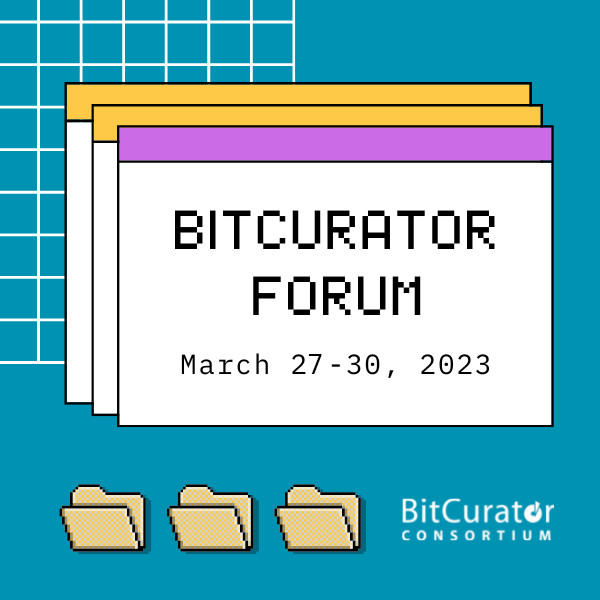Session 2
Wednesday, March 29, 2023 - 9:30-10:30am PT / 12:30-1:30 pm ET / 5:30-6:30pm BST
Implementing Privacy Reviews in Digital Archival Collections
Annie Schweikert and Victor Aguilar III, Stanford Libraries
Stanford Libraries’ digital collections contain personally identifiable information and other forms of high-risk data, such as student, medical, and otherwise sensitive records. Archives staff must abide by archival ethics, state law, federal law, and data security requirements set by Stanford University, while making as much material available to the public as possible. In implementing workflows for high-risk data review, we’ve encountered challenges of scale and sustainability. Our backlog–4.3 years of full-time review work–reopens work on collections considered “done.” Developing our capacity in this area is an operational concern that sets limits on our preservation storage options and restrictions on researcher access.
Our panel will outline why and how we review collections for high-risk data. We will discuss technical topics such as workstation requirements, using bulk_extractor to conduct our review, and documenting our results. We will also discuss the ongoing evolution of our guidelines for review and the challenges of balancing a level of review that meets institutional and federal guidelines while remaining sustainable in terms of staff time. Finally, we want to surface the gray areas that have emerged in this process. In extending institutional guidance to cover the range of examples we have found in archival collections, staff members contribute a range of perspectives from backgrounds in medicine, law, preservation, archives, and curation.
Floppy disks, NoteWriter, and Malcolm Forsyth: Recovering the work of a renowned Canadian composer
Elizabeth-Anne Johnson, University of Calgary
In 2022, the University of Calgary Archives and Special Collections received an accrual to the fonds of Canadian composer Malcolm Forsyth: a documentary filmmaker had borrowed material from Forsyth years earlier and returned it to the estate. Included in this donation were roughly 100 3.5″ floppy disks containing musical scores created using a now-defunct piece of software called NoteWriter. Depending on how the recovery process goes, this lightning talk will take the audience through the process of reaching out to and working with the creator of NoteWriter, migrating the material from these disks, and hopefully discovering new insights into the work of a renowned Canadian composer.
Using Innovative Methods to Rethink Preservation Assessments
Hafsah Hujaleh, University of Toronto Libraries
This presentation will not be recorded
This lightning talk is about iteration, ongoing maintenance, and the reevaluation of work done before. Over the last seven years, the University of Toronto Libraries imaged many of the floppy disks in its manuscript and archives collections. This work provided a baseline level of preservation for content by protecting the bits encoded on media from the risk of single-copy failure. However, more needed to be done to assess the content and its renderability. Inspired by the Software-Based Art Preservation project at the Tate and their conservation report templates (Ensom, Falcão and King, 2017-Present), we sought to conduct preservation assessments on our manuscript collections. This work involved the collecting archivist and digital preservation staff to collaborate closely. This lightning talk will cover the assessment process we are piloting, a brief case study from a recent collection, and recommendations for future assessments.
Back to Forum Schedule